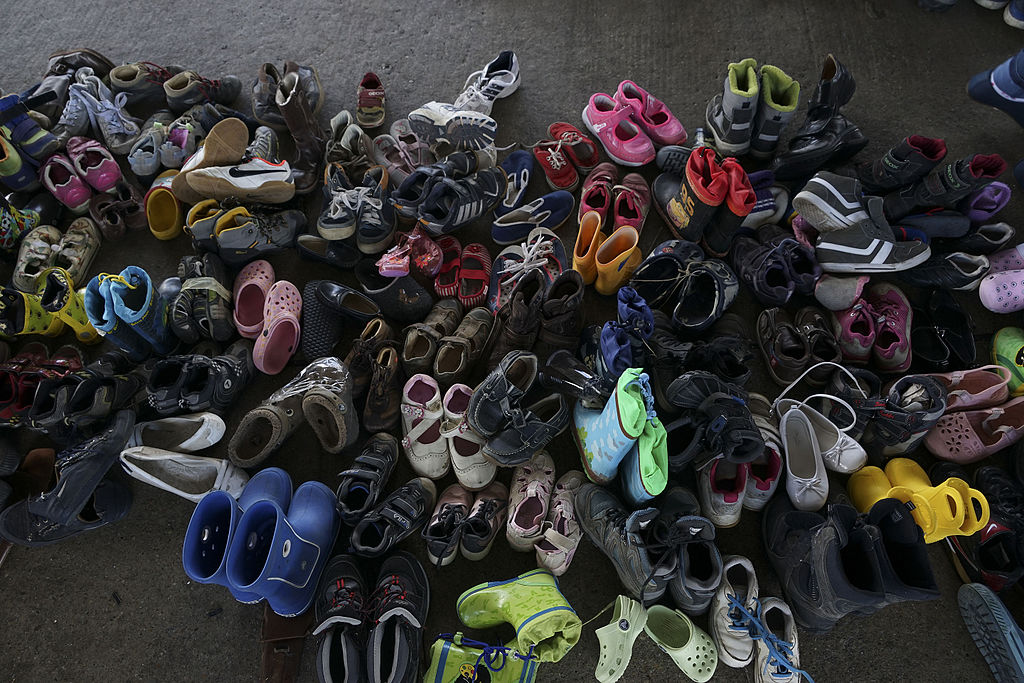Dégage! Tunisia, Europe, and migration

Shoes collected from migrant children during the 2015 European migrant crisis in Budapest, Hungary
Jacob Sagers – A capsized boat filled with migrants off Tunisia’s coast last week left two people dead and twenty-two missing while en route to Italy. The capsized boat showcases an issue Europe has faced over the past decade and is growing again. Tunisia has become a major gateway to Europe due to its geographical proximity to Italy and the country’s fate is increasingly tied to the European Union and European states’ foreign policy. Recent crackdowns on protests in Tunisia coincide with increased migration from the country as economic and political uncertainty cause instability and people leaving.
Tunisia’s boundaries and ability to enforce them alters flows, or the networks that people use to move, and has a major effect on migration. Boundaries affect the ability for people to move and can have natural barriers: such as the Mediterranean Sea. Decreasing migrant numbers before COVID from Tunisia to Europe were reflective of Tunisia’s relative prosperity and legitimacy. Economic crises and political instability have led to people seeking refuge in Europe as it becomes more appealing to move. This has also weakened the state and allowed migrants from West Africa to enter the country as a medium to set foot in Europe. Migration numbers are likely to increase if global challenges, such as inflation and war, continue to perpetuate.
Migration through Tunisia then becomes an issue to Europe. European refugee crises in the 2010s foreshadow future realities if climate change, economic decline, and political instability are not addressed worldwide. Previously the European Union employed ideological power, the ability to get others to do what you want, without force, through foreign aid and trade to bolster democratic governance and stability in Tunisia. It serves their interest to have friendly states stop migration in their country, rather than facing migrants on the shores of Italy and Greece. However, the European Union’s ideological power will likely decrease as Tunisia faces a rise in authoritarianism; an authoritarian leader is less likely to seek assistance with stipulations from the EU and European states. Changing political climates questions to what extent will Europe alter policy to mitigate migration and flows through foreign states, and how will they respond if their ideological power is not enough?
Picture Credit: Photo distributed under the Creative Commons Attribution-Share Alike 4.0 International license. Source

